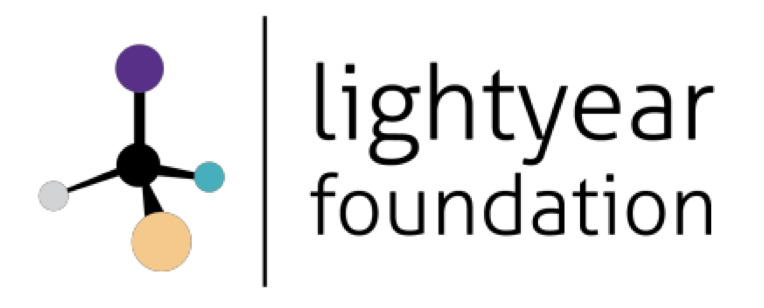ROle Models
CLAIRE MALONE
Job Title: Science Journalist and Inclusion Consultant
Disability: Cerebral Palsy (rare subset, choreoathetoid)
Why did you want to work in STEM?
That's kind of a 2 part answer. I could say firstly why I became a scientist - ever since I was very young I wanted to understand why the world around me was the way it was and physics was the best way I could see to find answers to the curiousity I had, so that was the driving force behind my studies. And then over the course of my research I saw how important it was to share scientific knowledge with the community outside the scientists, so the general public, and also I really enjoyed communicating science and also I got a lot feedback that I was good at it.
Also, the fact I'm leaning a little more towards journalism because this way I can continue to learn about cutting-edge science without having to deal with some of the more negative aspects of research itself. Also, I recognise that I have a kind of unique perspective additionally, as a scientist with quite a severe disability, I can see from my involvement with other minorities in science that if you improve the situation for one minority that helps all minorities. It is a good thing that you have a more diverse group, you have better science.
What’s your favourite thing about your job or about working in STEM?
I want to be part of the frontier of research, to be close to the front line of really unravelling some of the big questions in fundamental physics. As a journalist, I am still at the front line but with more of an emphasis on helping non-scientists understand what’s going on, which is exciting.
What are your top tips for a disabled young person interested in STEM as a career?
I would have to say perseverance. You are going to encounter barriers unfortunately whether they be practical or peoples’ attitudes and you just have to know very well what you're entitled to and go out and get it. Because even the people who are meant to be the disability departments at Uni or school don't really know what you're entitled to, so you basically have to tell them what you need - or maybe that was just my experience as my situation is quite particular. I think they’re more set up for people who have disabilities that they come across more regularly such as dyspraxia or dyslexia but if you've got a number of complex needs you have to be your own expert. I did feel completely alone in the majority of my education.
What advantages has your disability given you in your field?
It comes more in the work I’m doing now, for example when I gave my TED talk, initially I only wanted to talk about the science. However, the curators really encouraged me to talk more about my disability because they knew it would inspire people and that's what people would want to hear about.
And although I try to ignore my disability, I know it does get me noticed - if i go to, for example, a networking event, and they tell people I have a doctorate from Cambridge I know their mouths kind of fall open - then they’re not going to forget me, even if I try not to use this too much.
Check out Claire’s Ted Talk here!



